I'm going to hurriedly scribble some thoughts on this one. It's been a few weeks since I saw this now, and I've got a backlog of films, most of which will not make it on here. Anyway. I don't remember how I discovered the existence of this movie, but as soon as I learned of this Godard-directed, pastichey sci-fi noir, I leaped upon it immediately, like a moth to the proverbial flame! In a traditional sense, it is very noirish indeed. Godard makes something out of almost nothing, by which I mean, the budget. Most of the scenes are indoors, and except for some flashing lights and machinery, Alphaville could be any city, anywhere. Much of it could have been filmed in someone's basement or high school hallways.
Like most Godard films, Alphaville is part story, part visual poetry, part philosophical essay. The alien city of Alphaville is a place where the citizens are controlled by a central computer. This computer often serves as a narrator in the film, providing a comical voice over, which has the subtle cadences of a belch. Being a machine, Alpha 60s decisions are totally rooted in logic, and it has slowly drained the people of Alphaville of their human individuality. Example: the question of "why" has been made illegal.
Lemmy Caution (Eddie Constantine) is a secret agent sent from "Nueva York" (This is what they call New York in Thomas Pynchon's novel, V, as well. Connection?) to kill the inventor of the Alpha 60 computer, or something like that. In the the Andrew Sarris essay attached to the film, Constantine is referred to as sort of a poor man's Humphrey Bogart-- "a low-rent French version of Sam Spade and Philip Marlowe," which is an apt description of him. Yet, he is such an obvious echo of the hard-boiled detective, we know exactly what to expect of him from the beginning. And despite being "low-rent," he gets the job done.
In Alphaville, along with other anomalies, each hotel room has a dictionary, rather than a bible. Except they call the dictionary a bible. Natacha (Anna Karina) speaks wistfully about how quickly the definition of words can change, and how words disappear every day. Maybe she is talking about the dangers of having a robot dictate policy, but since philosophy is always a piece of the visual thought-poems that Godard creates, it seems like a fear that he carries over from the life behind the camera. Alphaville is an unstable realm, but so is our own. Even without a robot dismissing whatever words it finds to be lacking in use, definitions change. There is, and will always be, a tectonic shifting between words and their meanings, the sign and the signifier. It is hard to make sense of the universe, to find meaning. So, it is simpler to believe in mathematical formulas that do not change. More importantly to this story, though, the words are removed from any meaningful context, and the meaning of the whole is lost.

Like most Godard movies, this one is quite thought-provoking, and at times, quite erudite. I found myself wanting to go to the library afterward to look up the Borges quotes he uses. Mostly, I was just thrilled to see two of my favorite genres combined so artfully. And Anna Karina's doe eyes, on top of it!
I apologize for the general lack of cohesion here, as well as the infrequent posting. I want to try to keep updating as frequent as possible, which means I might do less writing and more simple image posts.
I apologize for the general lack of cohesion here, as well as the infrequent posting. I want to try to keep updating as frequent as possible, which means I might do less writing and more simple image posts.

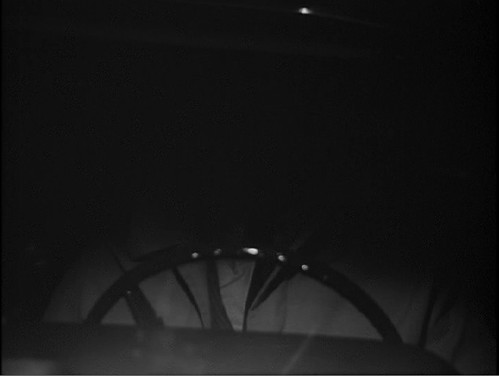


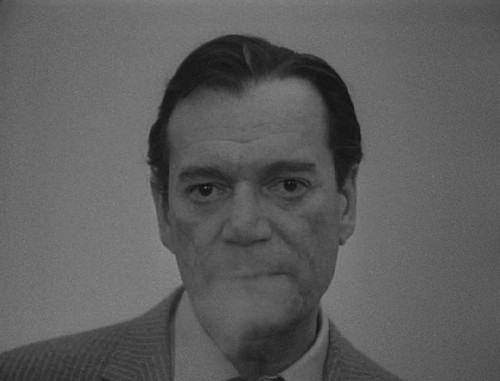
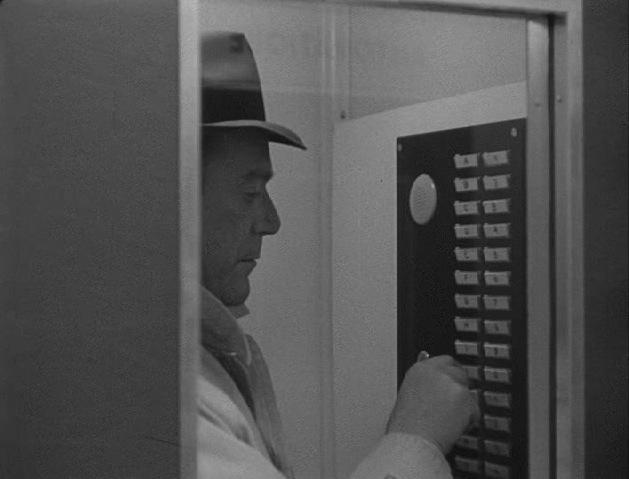
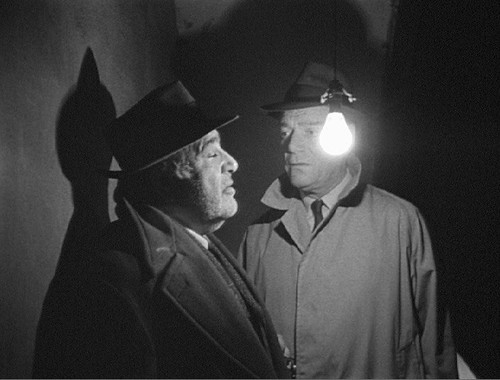


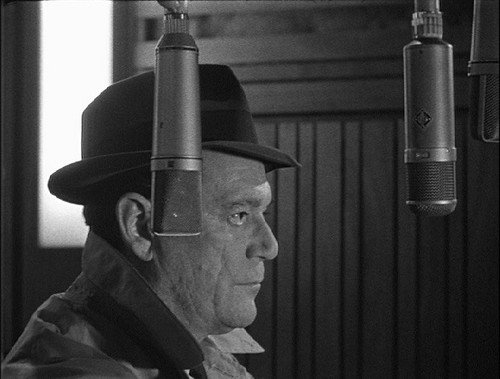






No comments:
Post a Comment